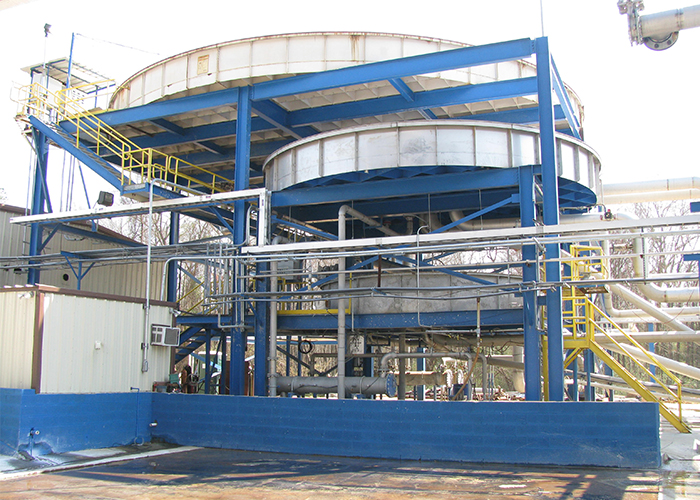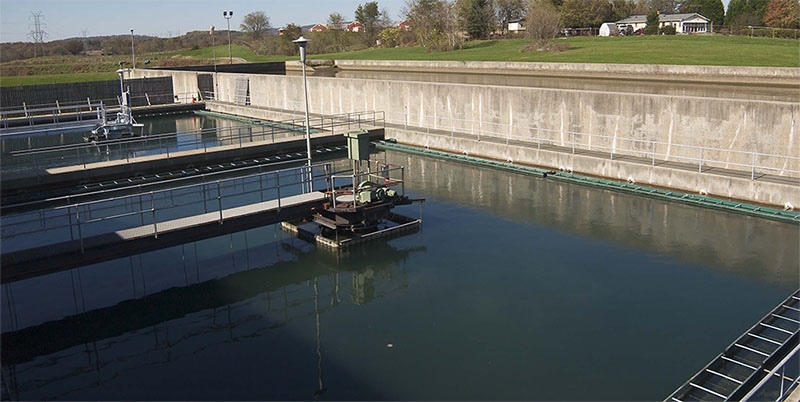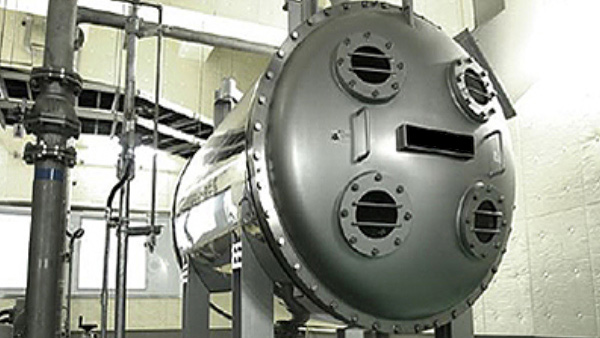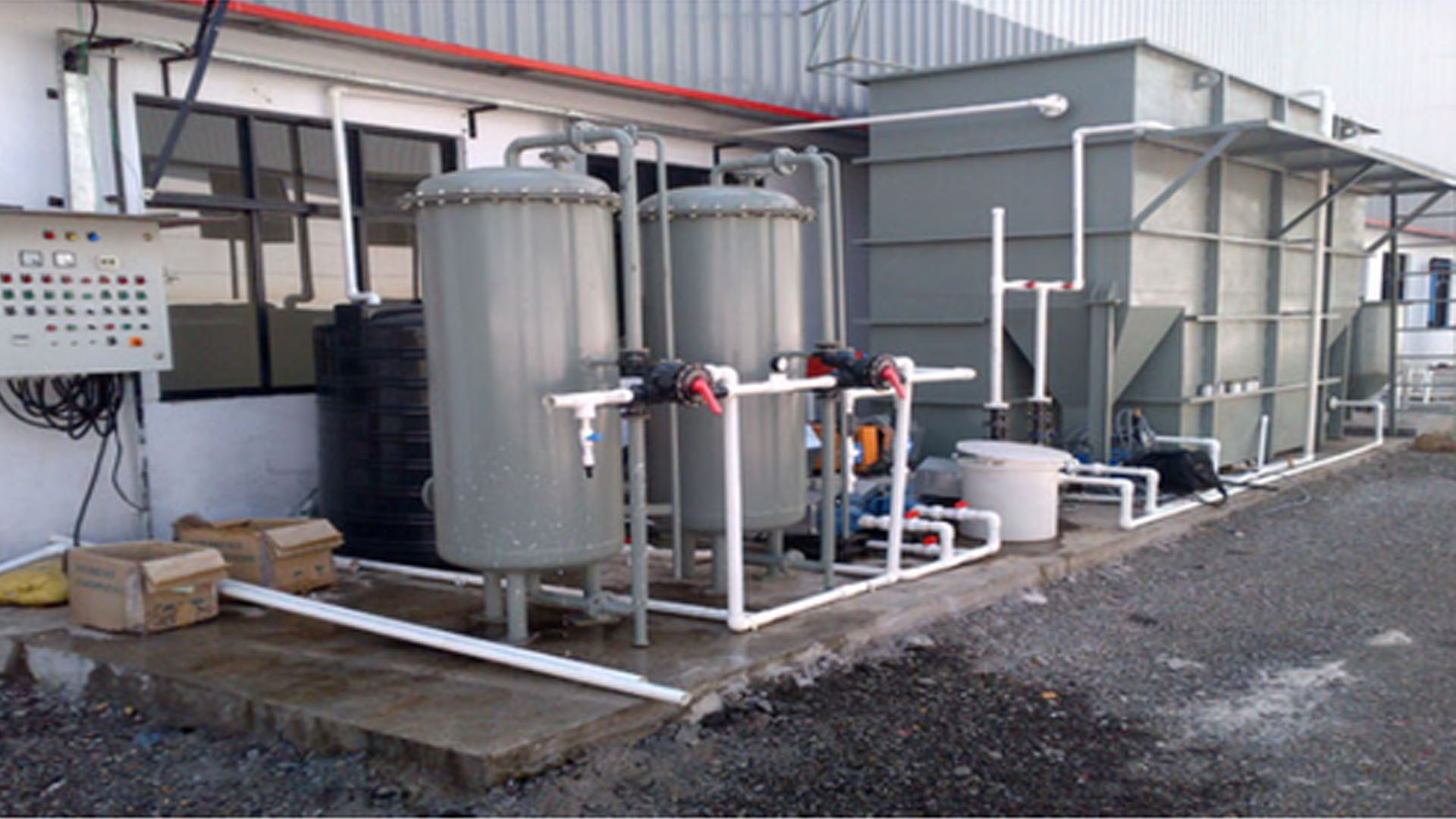- krofta@kroftaengineering.com
- Durga Bhavan A-68, FIEE Complex, Okhla Industrial Area Phase – II, N.D – 110 020
Petroleum Equipment And Manufacturing Company

Petroleum Equipment And Manufacturing Company
Petroleum Waste Treatment and Pollution management combines progressive and ancient treatment and management strategies for removing, dominant, and treating issues, like groundwater contamination, aromatics, oil, grease, organic removal, and VOCs.
A major challenge throughout the O&G sector is that a lot of waste streams will become contaminated by oily or risky fluids, and emissions requiring careful handling, treatment, and disposal. Generated wastes at terminals might embrace tank bottom sludge; this should be sporadically removed to take care of product quality or tank storage capacity; yet as spill cleanup materials and soils contaminated with oil. Typically, sludge consists of water, residual product, and varied solids together with sand, scale, and rust.
Tank sludge associate degreed spill cleanup materials ought to be dealt with via re-processing for product recovery or as waste at an authorized facility handling this type of fabric in an environmentally sound manner. The aims of this review are: to spot the challenges facing the refining industry in achieving property management of all wastes from onshore /offshore production facilities, and to match and distinction the foremost vital factors that affect waste management in developed oil areas with those in less developed, rising oil
Key Features
•Presents the latest methods for treating, controlling, and eliminating pollutants from the air, water, and land that are a byproduct of petroleum industry operations
•Covers the environmental impact of the petroleum industry and its regulations, explaining protection options
•Includes treatment methods for both air, water, and solid waste disposal
•Discusses remediation processes, including natural processes, pump and treat, soil flushing, soil vapor extraction (SVE), bioremediation, and excavation


 Anita
Anita




